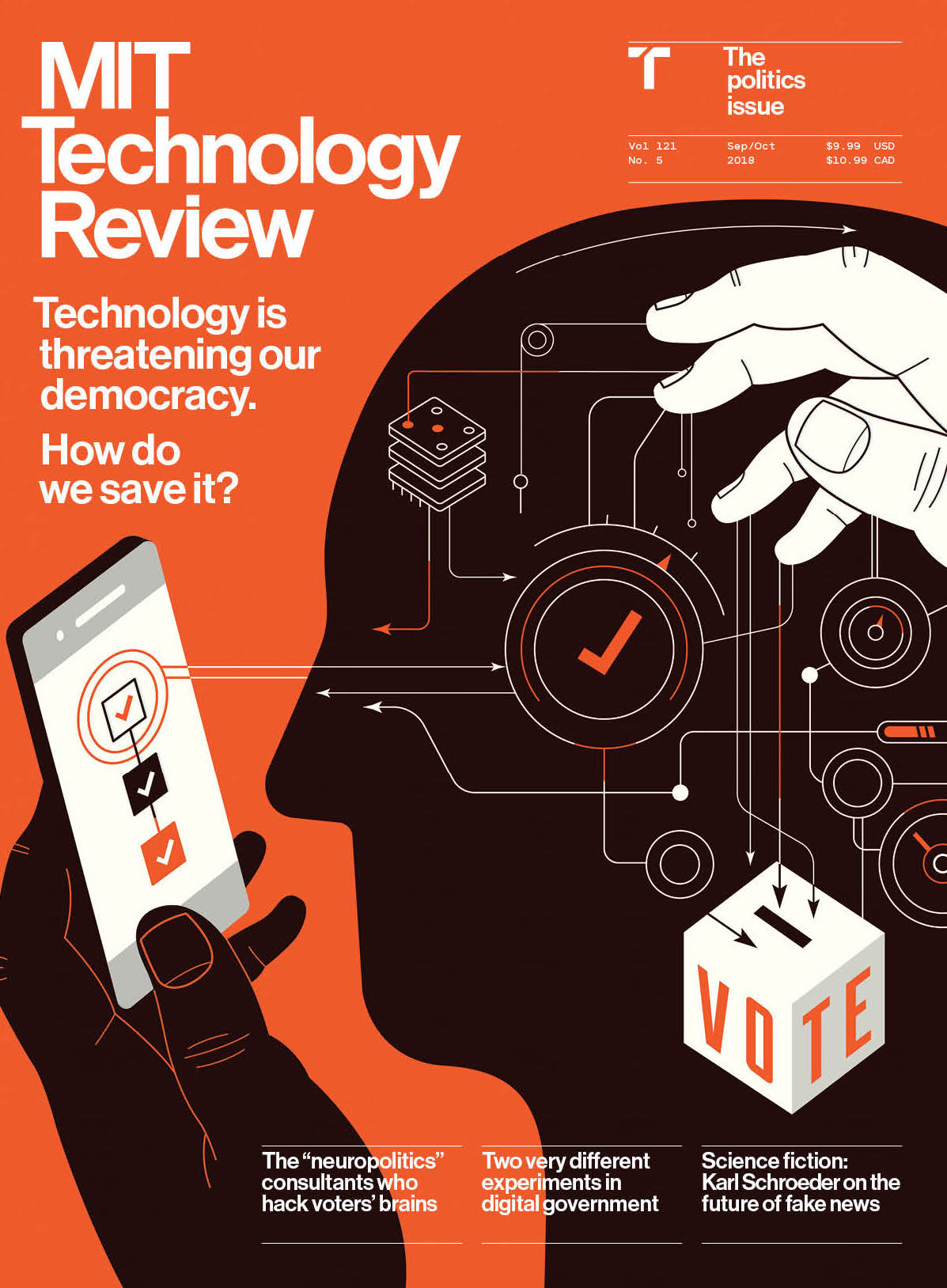Yes, that Afghanistan!
As I noted in my op-ed back in 2008, the Soviet Union rolled into Afghanistan in December 1979, making it one awful year; annus horribilis, as I refer to it. The countries with the international geopolitical events that year continue to be involved in geopolitical issues even now: Afghanistan, Iran, Iraq, Pakistan, and Saudi Arabia.
In everyday life, chances are that most Americans have completely forgotten about Afghanistan. If only they knew about how much the Taliban has been winning friends and influencing people!
The Taliban have long had a powerful presence in Pakistan, where its leadership is based. In addition, both Iran and Russia have been providing some Taliban units with logistical support. It’s notable that, in parallel to the intensified military campaign, the Taliban has ramped up its diplomacy. In August, the group sent delegations to Uzbekistan and Indonesia, and Taliban representatives are frequent visitors to China.In early September, the Taliban is also sending a delegation to Moscow to take part in a conference on the future of the region convened by President Putin, who is now taking on the part of Afghan peacemaker. The US was invited but, needless to say, neither Washington nor Kabul will attend. In many countries, it seems, the Taliban are being met with open arms—and as the future victors of a war whose conclusion all now judge foregone.
putin, of course, never lets such opportunities slip past him.
What is happening now is deeply reminiscent of how the Taliban conquered the country in the first place, during the 1993–1996 period that followed the Soviet withdrawal. In that campaign, the Taliban first secured the countryside, recruiting soldiers widely and offering the rural population the false promise of an end to the civil war even as they extended the fighting. ... For Afghans, this present predicament is indeed a miserable moment. It appears that the international community is giving up its nation-building efforts and shifting its focus to opening relations with the Taliban. Seemingly forgotten in foreign chancelleries is how the first age of Taliban rule destroyed the country and deprived the population of economic opportunity, civil liberty, and education.
But, hey, it is not like the US really cared about Afghanistan anyway! Why should we care for a country where men wear turbans and women wear hijabs and niqabs, right?
Unlike Vietnam, though, there are no mass American casualties, no draft, and no peace movement for the military planners and political decision-makers to contend with. The melancholy fact is that the American public is not much engaged with what happens in Afghanistan, either way.
Mission accomplished! :(





